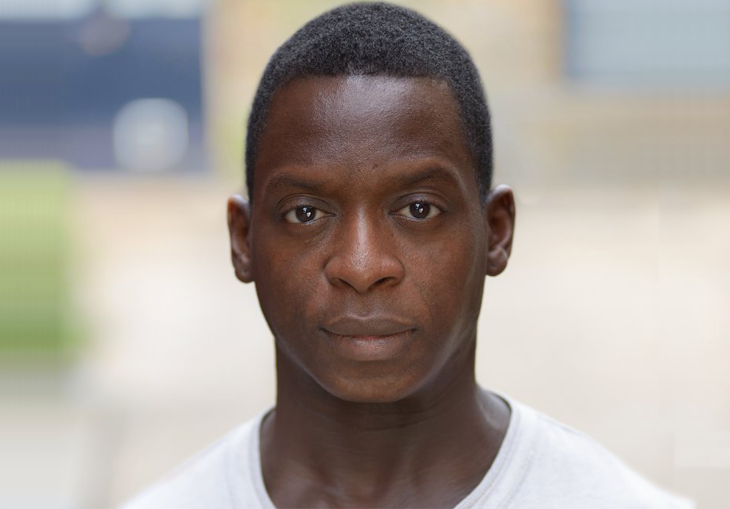At Voice Squad we celebrate a range of voices from across the globe. As such, we’ve invited a few of our artists in this month to discuss topics on authenticity and diversity within the voice over world, and share their own experiences from working within the industry. This week Kobna Holdbrook-Smith discusses the elasticity of voice work and being Black British.
---
Blackness and Britishness is relevant and irrelevant. And both. And not in either order. I scared you at blackness, didn’t I? Be braver - I’ll explain.
The fun of voice work is its sheer scope. It’s a special, boundless kind of fun. Everything is possible. I’ve played Blackjack with James Bond, frozen half to death on an ice planet and am one of two officially sanctioned wizards working for the London Met. You just have to get the sounds right and you’re off. Visual limits are elastic; it’s only imagination, after all. You can’t hear how people look, even if you think you can. Skin colour, weight, beauty; they are all elastic and entangled. In a calm, slightly chalky, unpretentious alto Nicole Davis conveys age, economic background, geographic location and more within seconds of listening. We can even hear when we are. She narrates the Kitty Peck series by Kate Griffin and it’s irresistibly good. She is a Black British woman and an actress. Those intersecting facts mean she has a special kind of versatility. She and people like her have had to learn more about society than society has had to learn about them.
So, Nicole has both a mixture and a range of experiences to draw on - her blackness and Britishness are both relevant and irrelevant. Blackness and Britishness can be separate and together. In voice work people can be black, or British, or both, or neither. Of course, that begs the question: if voice actors play parts with their voices and Black British voice actors can have a mixture and range of experiences then can white British voice actors, in theory, play non-white parts? Yes. Should they? No. That’s really not where we are, folks. Akin to blacking up, it ignores centuries of the traducement and invisibility of black people in the arts.
The sounds people make do not have a colour but histories sort of do. Black and British: A Forgotten History by David Olusoga shows that Black people have been a part of the British story since the Romans ruled, yet every day in every field we still feel the need to point out that black Brits are black Brits. Sometimes that's relevant, especially if it recognises achievement or celebrates a contribution but too often it's an irrelevant reminder of 'otherness'. The problem isn’t necessarily hostility or intolerance (although that helps) it’s also a sweetly decoherent emphasis people place on difference. And then, of course, difference is necessarily juxtaposed with normality and that takes us back to distinctions between a ‘normal’ Brit... and a black one. But Black people are normal and some are Brits, and on it goes. None of that is necessarily audible but it’s relevant because black voices telling stories is a part of what makes normal normal.
People listening to one another’s voices, sharing that resonance, has the potential to be weirdly deep. Maybe even soulful. Even if I can’t describe what souls are. Right now, before technology darks us all out, a speaking voice is some evidence of a human; it’s very basic proof of personhood. Even those PPI robot calls use recorded voices which help to create the semblance of a human connection. That plastic personhood buys vital seconds on the phone, and personhood matters because our lives and stories are only linked up where we recognise it. Closely watching for what’s different is common but if we dial down our difference monitors that helps us to see more personhood. And at the same time, we should be prepared and willing to dial them up if we’re asked to - if we’re being shown personhood. Doing that, we’ll probably enjoy more things. We’ll enjoy hearing different people and experiencing new places, even made up ones, because they’re different and interesting; and because of how familiar and universal they are.
Relevant and different, and irrelevant and similar. All at the same time.
---
Written by Kobna Holdbrook-Smith.


